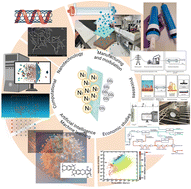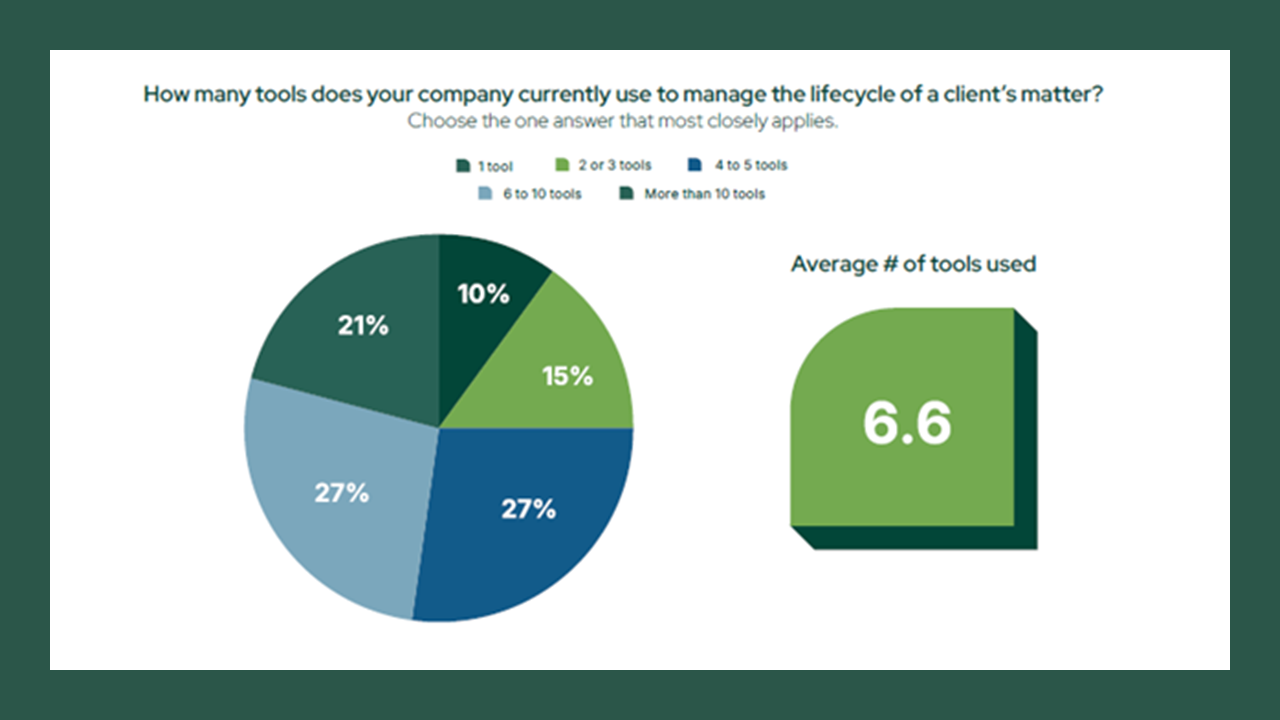Contingency Fees Can Create Perverse Incentives
Although contingency fees provide greater access to the legal system, they can lead to a loss of efficiency. The post Contingency Fees Can Create Perverse Incentives appeared first on Above the Law.


Contingency fees are a time-honored tradition in the legal profession through which attorneys accept a case in exchange for a portion of a recovery if a favorable outcome is achieved. In many instances, contingency fees allow greater access to the legal system since clients who may not be able to pay for counsel fees might be able to pursue causes of action they otherwise would not be able to pursue if attorneys work on contingency. However, in many instances, contingency fees can lead to perverse incentives and might create inefficient outcomes that would not arise if lawyers were being paid by the hour.
Unwillingness To Settle
Settlements are extremely important to the legal system. Far more lawsuits are pending than the judiciary can handle, and settlements help clear up dockets so judges and court staff can allocate resources to other cases. For this reason, courts often encourage and help facilitate settlements whenever possible. When people need to pay out of pocket for legal fees, they usually realize that it makes sense to settle a matter on less-than-favorable terms rather than spend increasing sums on counsel fees.
However, clients who procured legal services on contingency do not have such pressure to settle since they are not directly paying for legal fees. In some instances, when one party is paying out of pocket and the other party is paying counsel fees on contingency, a client might want to continue litigating to create pain for someone else. As a result, some cases that involve contingency fees might take longer to settle than cases that do not involve contingency fees.
Settlement Timing
Contingency fees are often paid regardless of when a lawsuit settles. Indeed, since most retainer agreements include one contingency fee rate, a lawyer would get the same amount of money to settle a matter one month after a case is filed than after a case is brought to trial. As a result, lawyers might want to push for an early settlement so that they can get paid quicker and while doing as little work as possible.
Clients often do not like to pay a full contingency fee for cases that settle early since they might rightly believe that the lawyer did not do enough to earn their fee. Indeed, this happened in my career years ago, and my firm and I needed to reassess our fee arrangement in light of the early settlement to make sure that everyone was happy with the outcome. Regardless, lawyers (who are only human, after all) always want to maximize their income while minimizing the amount of work they perform, and this might incentivize them to push for an early settlement in contingency fee cases even when an early settlement is not advisable.
Expense Aversion
During a typical litigation matter, clients pay all costs associated with a lawsuit, including court costs, expert fees, and other related expenses. However, during contingency fee cases, lawyers usually shell out money for such expenses and are reimbursed for such expenses from a recovery. In many cases, such expenses are only several thousand dollars, and most law firms can front this type of money without too many issues.
However, some cases require significant expenditures on behalf of clients, usually in the form of expert fees or mediation costs that can pile up. This can put pressure on lawyers if they are not financially able to front such money. Sometimes, lawyers can finance the litigation with third parties to relieve some of this pressure, but this brings additional parties to a case that can complicate a claim. In some instances, such expenses can create conflict between providing the best representation to a client and protecting a lawyer’s bottom line.
In any event, contingency fees are a mainstay of the legal profession, and they have significant advantages. However, lawyers should be wary of contingency fee cases in certain circumstances since they can create perverse incentives.
Jordan Rothman is a partner of The Rothman Law Firm, a full-service New York and New Jersey law firm. He is also the founder of Student Debt Diaries, a website discussing how he paid off his student loans. You can reach Jordan through email at jordan@rothmanlawyer.com.
The post Contingency Fees Can Create Perverse Incentives appeared first on Above the Law.
























































































































































